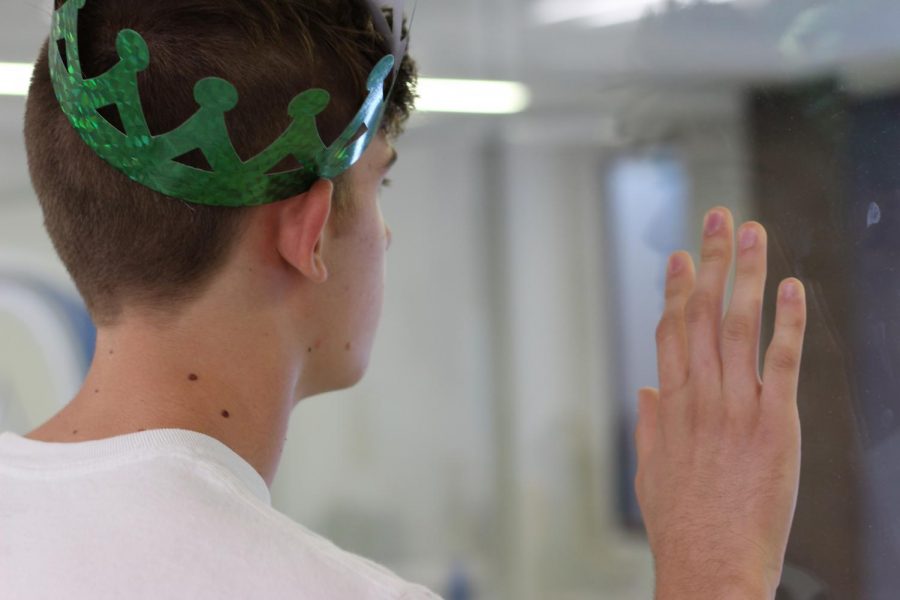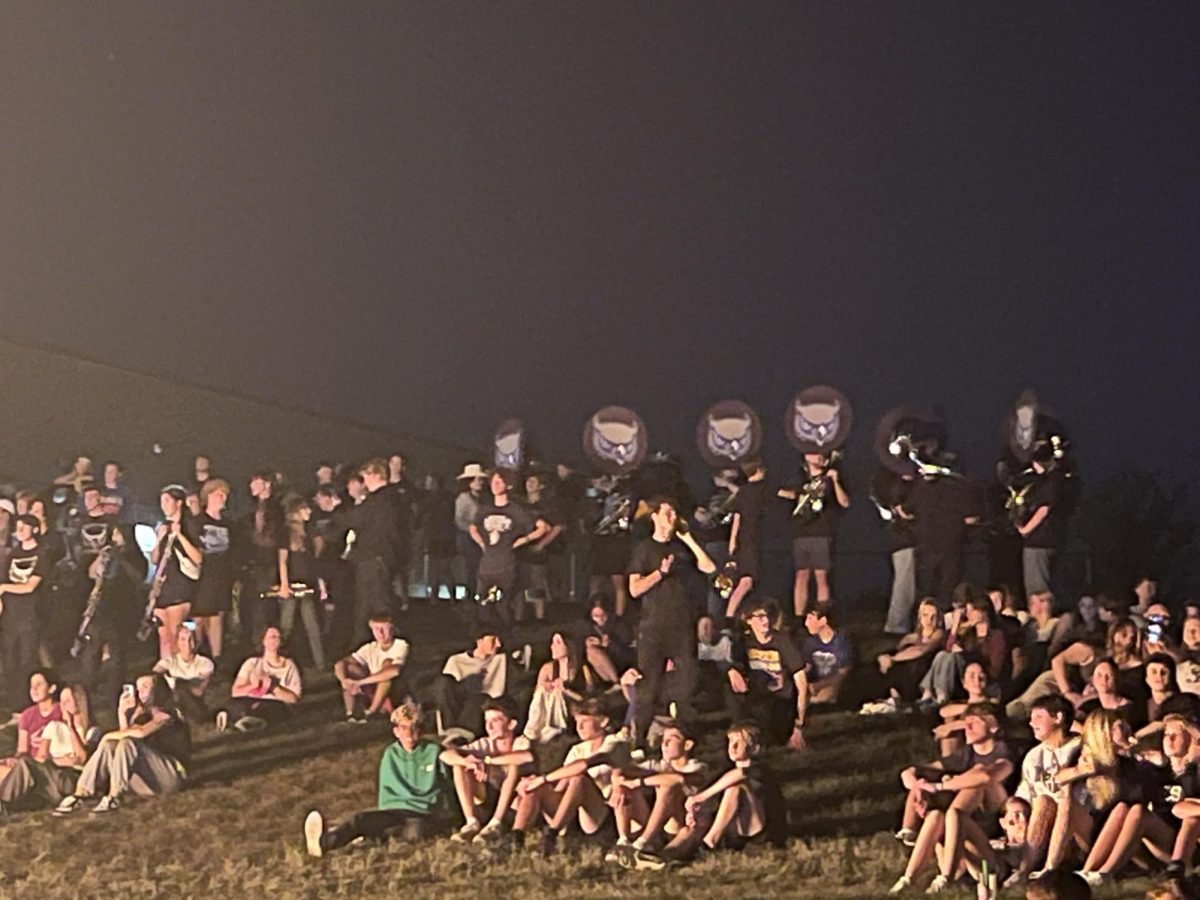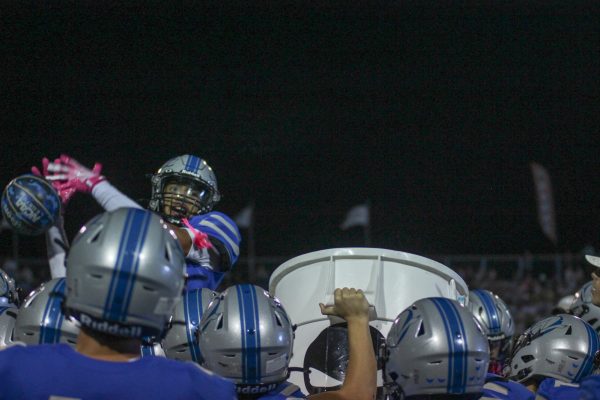Opinion: Homecoming Court Should Be Eliminated
While some students wish for the day to be finally nominated for homecoming court, Brendan Ulmer believes the practice should be eliminated.
October 1, 2019
The day was Sept. 23, 2019, and I was spending my Power 50 shooting the breeze with my dear friends as I always do, when the conversation turned to homecoming. At first, it was the specifics: how many people are in our group, what we wanted to eat that night, how many cars we’ll need, so on and so forth. Out of nowhere, my beloved friend hit me with seven words I’d never expected to hear said in such an order to me: “I voted for you for that Homecoming thingy. It took me a second to gather myself. “Oh no,” I thought, “he just wasted a HoCo vote,” but then I came to a bit of a deeper realization. Aren’t we all wasting our homecoming votes? It wasn’t long before I was questioning its existence as a whole.
What do you think about when you’re trying to decide who should be on homecoming court? What do you want them to be recognized for? What do you hope them making it to homecoming court does for them?
I know that for me, the answer to all these questions is that I have no idea. What is the criteria for deciding who you want to force to buy some pretty outfits and wave to a couple of crowds? How did this even start? Who thought this was a good idea? Who was just sitting around thinking, “Hey, do you know who doesn’t get enough recognition? Pretty people.” It’s ludicrous.
I see homecoming as this beautiful tradition where we spend a week exploring and enjoying the culture of our school, and at the end of the week all kinds of different people with different beliefs, feelings and backgrounds share the same gym floor for a night of cutting loose and having a great time. However, somewhere along the way, we decided that there should be a popularity contest incorporated into this week of unity, and I truly don’t get why.
Everyone who I’ve ever heard outwardly express a desire to make it to court never seems to be the one who wears the crown. It seems to me to be one of those things we just keep around because of the off chance it might make us feel good about ourselves, but the chances are, if we give any focus into it at all, it’ll most likely just disappoint us.
The issue with popularity contests is that the intricate social concept of attention and recognition gets reduced to a vote. I know that for myself, I respect a bit more than six people, and I’m not really interested in rating and choosing between people I respect.
It gives off the wrong message. Just because you don’t get voted onto court doesn’t mean people don’t notice you or care about you. And just because you made homecoming court, doesn’t mean you now have enough influence that it’s now socially acceptable for you to crowd surf. At the end of the day, you were probably just the first recognizable name they saw between everyone else at the top of the alphabet.
The disparity between court candidates with last names at the beginning of the alphabet and the ones with last names at the end of the alphabet is one that’s not that hard to spot. If you go back through and look through who the 26 candidates were nominated, and looked for ones who have last names towards the end of the alphabet, you’ll find a grand total of six. That’s not even a quarter of 26. You cannot tell me that over ¾ of the recognizable kids at West have a last name between A and M. That’s absolutely absurd.
I hope that this didn’t offend anyone. I really don’t have a problem with anyone who has ever found themselves excited to be elected to homecoming court. In fact, I can’t name a single peer of mine who has been elected to homecoming court who I don’t genuinely respect and admire. It’s more the concept I have a problem with. If you think someone is good and commendable, treat them as such. We shouldn’t need a popularity contest to express that.
So if this is a tradition that must exist, and you agree with me, feel free to do what I did. The next time we have to fill out that bottomless Google Form, click on the six most random names you can find. It’s up to us to make this world a more arbitrary place.








